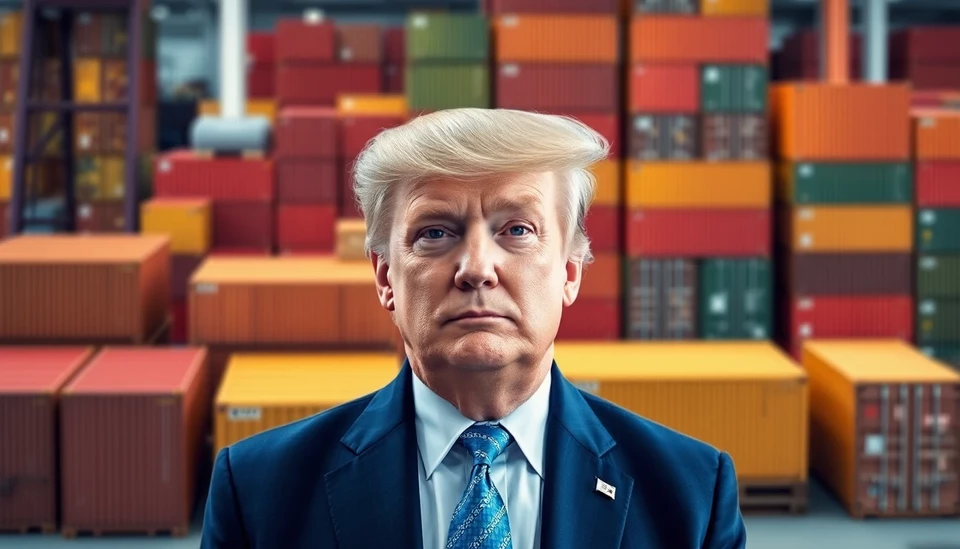
As the political landscape evolves, importers and shippers around the globe are on high alert, anticipating the implications of possible tariff adjustments from the Trump administration. With the 2024 elections on the horizon, the prospect of renewed tariffs has stirred unease within international trade circles.
Under a potential second term, Donald Trump has indicated plans to reintroduce and possibly escalate tariffs that could significantly impact a vast array of goods imported into the United States. The ramifications of these tariffs could resonate across various sectors, affecting everything from consumer goods to intricate supply chains that span continents.
Industry experts and businesses are diligently preparing for various scenarios that could unfold as tariffs are reconsidered. Importers are re-evaluating their supply chains, seeking alternative manufacturing partners that may help mitigate the financial impact of new tariffs. This proactive approach aims to ensure that companies can continue to operate competitively while managing the uncertainties tied to potential trade policy shifts.
Some importers are focusing on diversifying their sources, reducing reliance on countries that have historically faced higher tariffs, such as China. Instead, companies are exploring partners in countries like Vietnam and Mexico where labor and production costs might offer a more favorable environment in anticipation of tariff increases.
Furthermore, logistics companies are adapting their strategies in preparation for the changing dynamics. By modifying shipping routes and increasing inventory levels, they aim to cushion the blow that higher tariffs could bring. Significant investments in technology are also being made to enhance supply chain visibility, which is crucial to managing costs effectively in a volatile market.
The uncertainty surrounding tariffs extends beyond the borders of the U.S.; countries exporting goods to the States are also taking stock of their potential exposure. Exporters are keenly aware that the outcome of the 2024 election could reshape their overall strategy, compelling them to think two steps ahead to prepare for possible regulatory changes.
These tariff discussions are not just abstract political posturing; they manifest as real decisions that will affect myriad businesses and consumers. As tariffs can influence consumer prices, any drastic increases could lead to higher costs at retail, thus impacting daily life for Americans who would ultimately bear the burden of increased prices.
As Trump rallies potential support for his policies ahead of the election, stakeholders from various sectors must stay alert and adaptive. The delicate balance of international trade is being tested once more, and the outcome will undoubtedly reverberate across the global economy.
In summary, as the scenario unfolds, the actions and strategies adopted by importers, exporters, logistics firms, and consumers will play a crucial role in navigating this turbulent period. With uncertainty looming large, preparation and flexibility seem to be the watchwords for those seeking to thrive despite the impending changes.
#TrumpTariffs #InternationalTrade #SupplyChain #ImportExport #Logistics #2024Election
Author: Laura Mitchell




